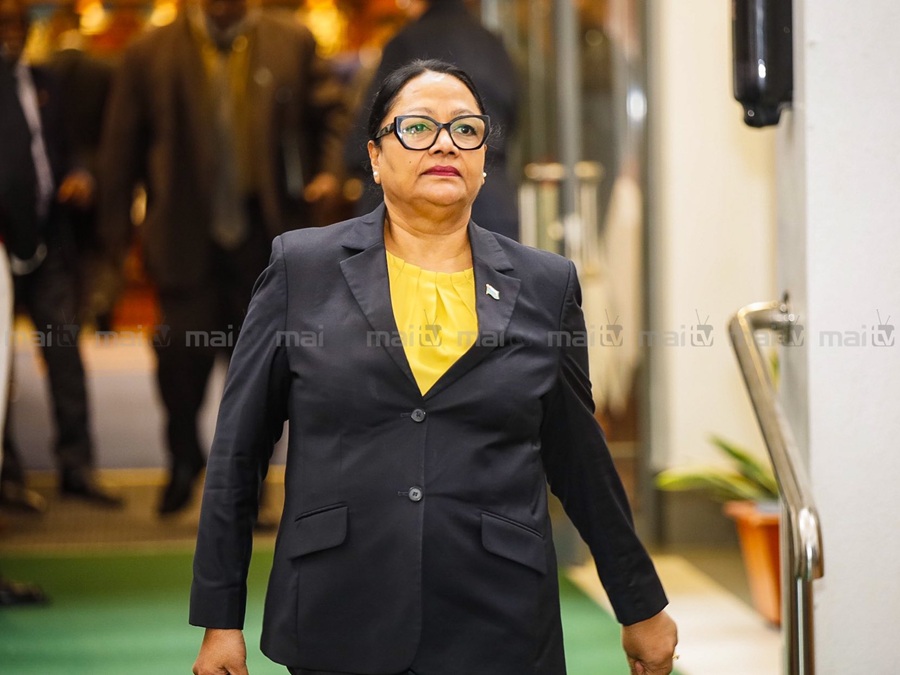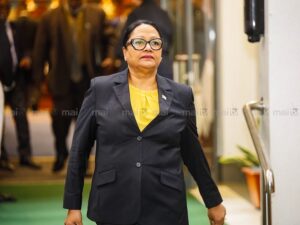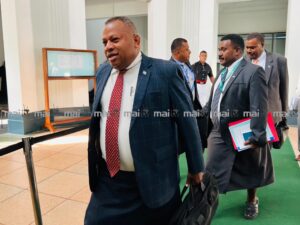Fiji’s Opposition MP Premila Kumar has questioned the government’s fiscal strategy, accusing it of prioritising short-term political survival over long-term national development in her response to the 2025–2026 National Budget.
Speaking in Parliament, Kumar argued that the government is “borrowing to pay its own bills,” rather than funding capital projects that could strengthen the economy. She described the budget as a “survival strategy” that “fills today’s basket but empties tomorrow’s pantry”.
“This government isn’t borrowing to build the nation, Mr Speaker, Sir — it’s borrowing to pay its own bills,” she told the House.
Kumar highlighted a 50% increase in debt servicing costs over the past year, up to $1.488 billion — double the figure from 2022–23. She contrasted this with the budgeted $926.6 million for capital expenditure, stating that more is now being spent on repayments than on investments in infrastructure or growth.
“This is not building more assets — it’s blowing up money with no returns,” she said.
According to Kumar, the government has borrowed $2.6 billion in two years — a figure she said is nearly equivalent to what the previous FijiFirst administration borrowed over twelve years. She projected that by the end of the government’s term, total debt could reach $12.6 billion, up from $9.1 billion during the COVID-19 pandemic.
She argued that the increase was occurring in the absence of any major national crisis, unlike previous periods which involved managing natural disasters and a global pandemic.
“More than half of what the previous governments accumulated in 16 years,” she said.
Kumar also questioned the government’s claim that the debt-to-GDP ratio had improved, saying it only looked better because tourism and trade picked up after the pandemic.
“Not because they paid down debt,” she said, adding that it is projected to climb back to 79.6%, the same level as in 2023.
She questioned how additional government revenue — from increased VAT, corporate tax, and fees — has been allocated. Kumar alleged that funds had supported expanded government operations rather than development initiatives. Among her concerns were what she called a “bloated Cabinet” with multiple deputy prime ministers and assistant ministers, an increase in the civil service wage bill from $963.9 million in 2022–23 to $1.3 billion, the increase in vehicle leasing costs from $20 million to $42 million; and over 140 overseas trips reportedly costing more than $1.4 million in the past year.
She also raised concerns over spending on commissions and tribunals, suggesting some had no clear implementation plans.
“This government borrows, but not to build,” she said. “Spends, but not to reform; talks, but fails to deliver.”
Kumar compared the budget to a “sugar rush”, saying it may provide short-term relief but lacks long-term benefit.
“It feels sweet for a moment, but offers no nourishment for the nation’s future,” she said.









